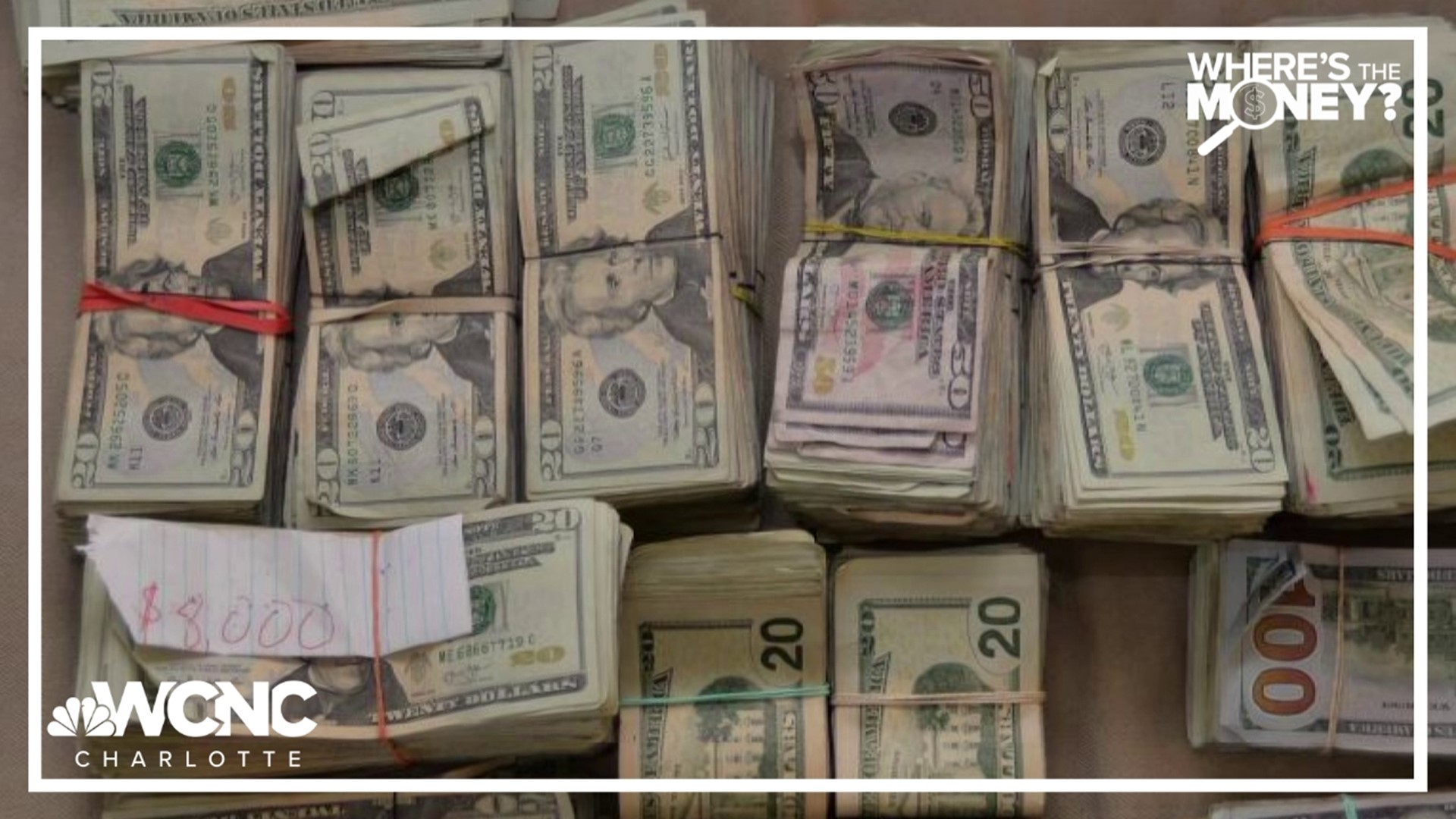MOORESVILLE, N.C. — As Congress considers ending a controversial program that allows police to seize people's money without ever charging them with a crime, a WCNC Charlotte investigation found Charlotte-area police and sheriff's departments have collected more than $20 million since 2018 through the Equitable Sharing Program. They get to keep that money.
Critics call the practice "policing for profit."
WCNC Charlotte previously exposed the case of a child sex crime victim. She is fighting the Mint Hill Police Department for money investigators seized from her abuser and then quietly shared with the federal government. Police suspected the cash was drug money, but never pursued actual drug charges.
In the time since, WCNC Charlotte discovered area law enforcement officers regularly seize people's money and few ever get their cash back.
"Highway robbery"
On May 27, 2021, in the parking lot of a Mooresville shopping center, Shyheim Summers said he felt like the victim of a crime. But, the people responsible wore police badges.
"They just took my money without any consent," the 24-year-old said.

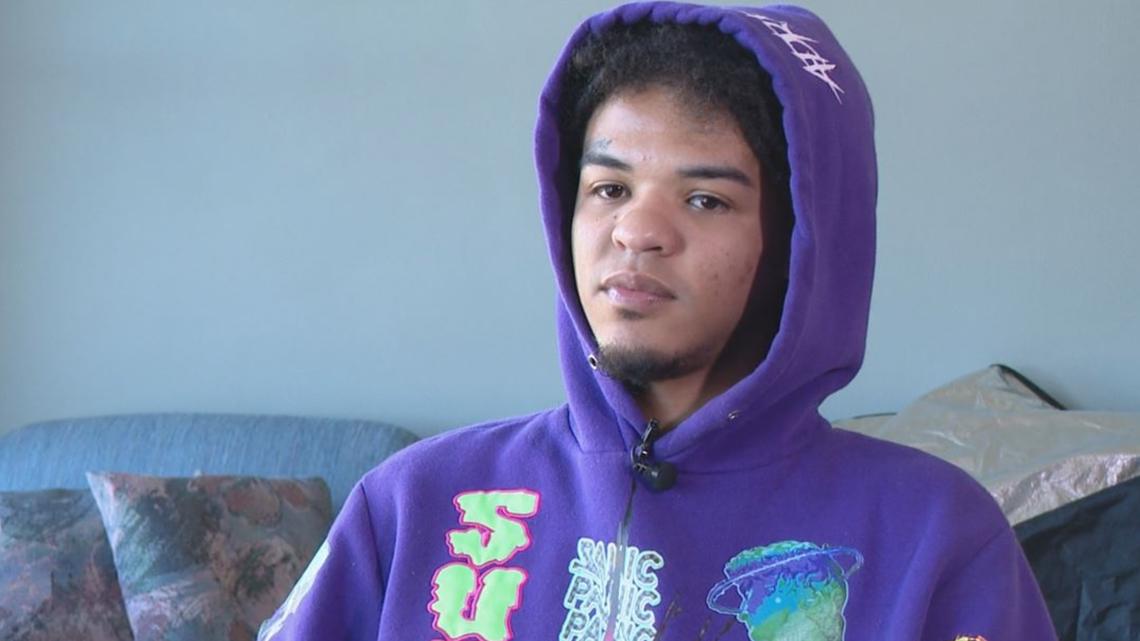
Mooresville police, dispatched on a shoplifting call, stopped Summers and his friend as they got into a truck. With his consent, the officers searched them. Their search didn't turn up stolen items from any store but did recover marijuana, a gun, and $14,000 in cash that the officers seized without charging the men with any crimes that night.
"They're taking my money for no reason," Summers said. "I just knew the only way I could proceed with getting my money back was getting in touch with my lawyer."
His attorney, Ashley Cannon, moved fast to try and stop the town from transferring the money to the federal government. This common practice is called "equitable sharing." It allows local police to partner with federal agencies on cases like this under the premise they're disrupting criminal activity. In return, they share any seized cash.
"I thought it was outrageous," Cannon said of Summers' case. "It is like highway robbery to be able to just take whatever you want. It's like an authoritarian regime."
A $20 million venture
Equitable sharing is so common around the Charlotte area, that WCNC Charlotte's analysis of public records identified more than $20 million in proceeds to local police and sheriff's departments since 2018. Annual reports show those agencies reported spending the money on things like training, investigations, and equipment, among other things.
WCNC Charlotte is always asking "where's the money?" If you need help, reach out to WCNC Charlotte by emailing money@wcnc.com.
Annual reports show the Charlotte-Mecklenburg Police Department alone received the majority of the seized money. The agency collected $10.5 million, most of that through civil and administrative forfeitures, records show. A review of CMPD police reports tied to asset forfeiture cases from 2018 to 2023 shows that while some started with traffic stops or searches of people's homes, most originated at Charlotte Douglas International Airport.
Although travelers are allowed to carry as much money as they want when flying within the United States, if police find cash and believe it's tied to a criminal enterprise, the burden is on you to convince them otherwise, even if they don't charge you with a crime.
CMPD, through a spokesperson, declined comment.

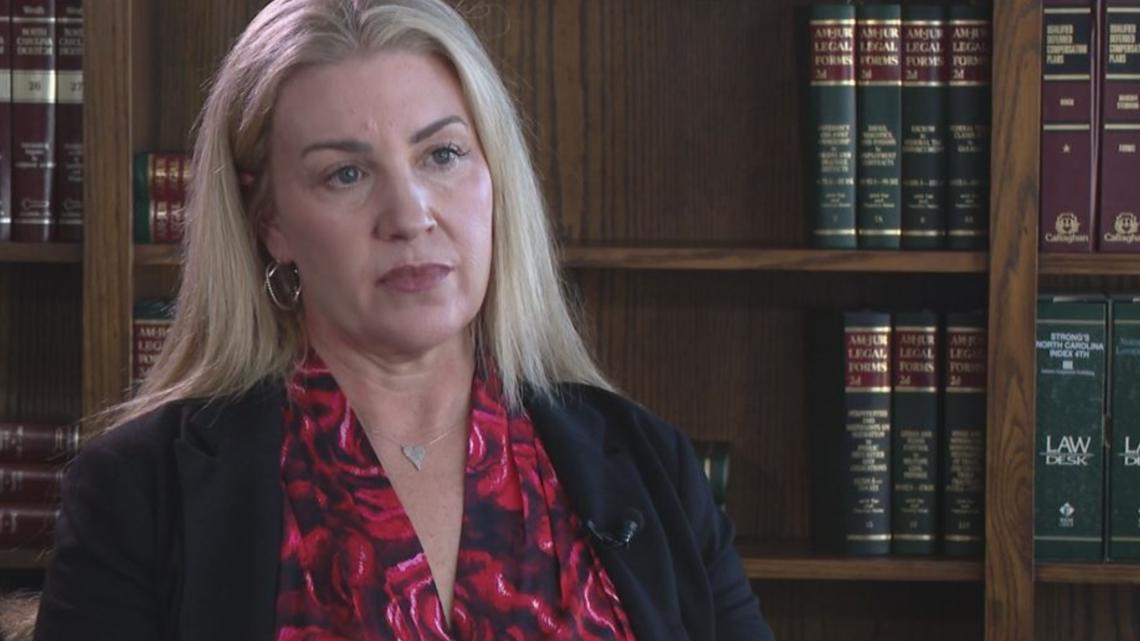
"I don't think that a subjective belief of a law enforcement officer that money or assets are for evil purposes, I don't think that's up to law enforcement to decide," Cannon said. "I think we live in a democracy."
Sheriffs group fighting bipartisan reform
National Sheriffs' Association Executive Director Jonathan Thompson believes police should continue to be able to use what he describes as a crime-fighting tool.
"Criminals are taking this money from victims and using it to organize their criminal enterprises," he said. "We want to protect the community."
The NSA is fighting bipartisan reform in Congress that, if passed, would eliminate the financial incentive for police to seize and keep money and possessions. At the same time, it would give citizens more rights.
Before becoming Speaker of the House, Rep. Mike Johnson (R-LA) voiced his support of reform as chairman of the House Judiciary Committee's Constitution and Limited Government subcommittee.
"Civil asset forfeiture has become a device for unjustified governmental takings," he said during a prior hearing. "Federal and state laws allow law enforcement agencies to take personal property through civil proceedings under certain circumstances. The standards for government takings of property vary from state to state and sometimes differ from federal standards. The problem today is that current federal standards for civil forfeiture invite abuse. In part, because state agencies can skirt state-based forfeiture protections and rely on more relaxed federal law to confiscate property, and that results in innocent citizens losing their property that the government simply pockets. Reform to federal law is necessary to restore the original intent of the law because it's an important one and better protect citizens' property."
Sponsor Rep. Tim Walberg (R-MI) previously said his bill would still allow local and state police to work with federal agencies to seize property. However, the money would go into a general fund, rather than into agencies' coffers.
The NSA remains skeptical, previously penning an opposition letter in July.

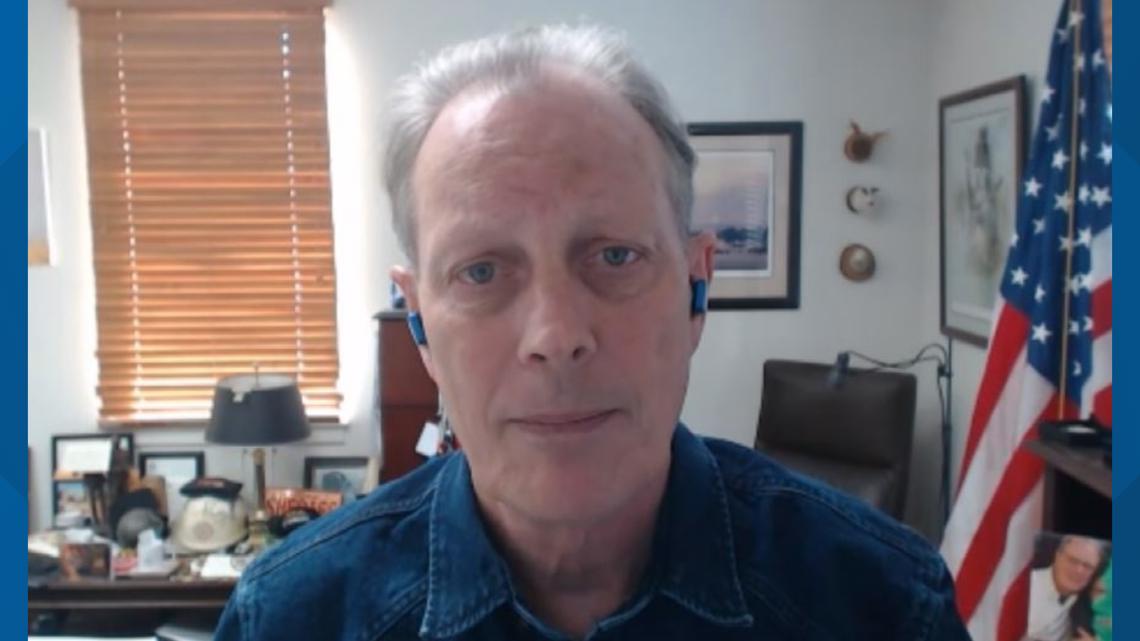
"You want to assume everybody's innocent of a crime that's carrying $1 million in cash?" Thompson asked.
"Isn't that the way the law works? You're innocent until proven guilty?" WCNC Charlotte responded.
"You are innocent until proven guilty, but you are not just carrying around $1 million or $10,000 in cash without some level of notification and legitimacy," he replied. "You've got to be able to demonstrate some level of legitimacy."
"If it's not illegal to carry the cash, why should I have to prove that it's my cash to begin with?" WCNC Charlotte asked.
"How do I know this is yours?" he replied.
"You could get probable cause and arrest me," WCNC Charlotte responded.
"That's exactly what they do and if they don't, they need policies and procedures," Thompson said. "Let's define the proper guideposts here. That's what we're saying."
Thompson said individual departments should tighten up when they make mistakes on cases he calls "one-offs." The NSA argues changing the law itself could hamper law enforcement's efforts.
"This is going to incentivize criminals and this is going to disincentivize law enforcement," Thompson said. "We feel as though this is a sledgehammer to kill a fly."
A rare win
Before the NSA fought pending legislation, Shyheim Summers fought Mooresville police and secured a rare win in a fight against a problem some see as un-American.
"I just prayed for it, really, that I would get my money back because I wasn't in the wrong," he said.

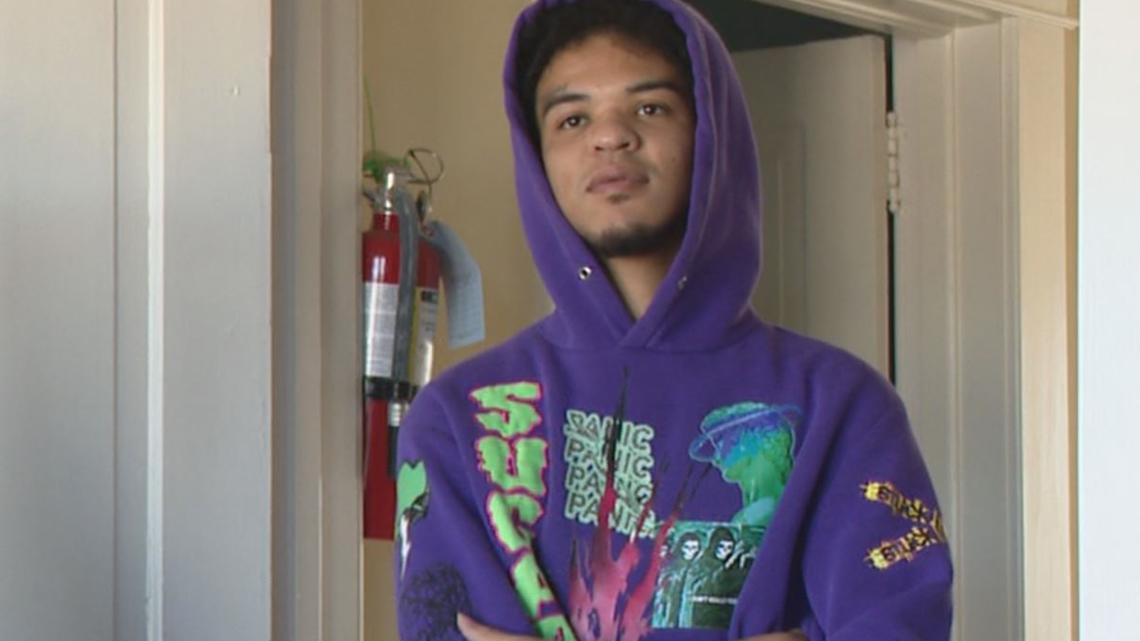
Just days after his attorney took legal action to stop the money transfer, Mooresville police arrested Summers for several crimes. However, prosecutors ultimately dismissed every one of those charges, citing "interests of justice." Eventually, Mooresville returned the money to Summers and his friend.
"It actually felt great," he said.
Despite winning the drawn-out case, he didn't get to keep all of his money. He still had to pay legal fees for his attorney.
"The lesson here is if you ever want to get your money back, you have to act quick," Cannon said. "I feel awful for him."
Summers said he felt targeted by police. The initial shoplifting call, according to MPD, was for "two Black males still on foot in the area."
"Mooresville Police Department (MPD) did not profile Mr. Summers, nor does MPD profile in any incident, situation, or case," a department spokesperson said.
Another Mooresville case
Summers isn't the first in Mooresville to fight the department's use of the equitable sharing program. Cannon also represented Jermaine Lydell Sanders from Connecticut.
In November 2020, police found more than $16,000 in Sanders' "unattended" rental car. In court filings, Cannon said officers searched the car "without consent or a warrant." Police charged Sanders with crimes related to marijuana "shake" they found in the truck, but prosecutors ultimately dismissed the case after the charging officer was unavailable for a court date.
Sanders said the money was a gift from his grandmother. With the help of civil attorney Maria T. Perry, Sanders recently secured an opinion from the Fourth Circuit Court of Appeals that allows him to challenge the federal government's forfeiture in court. A sergeant said, at the time of the search, police only seized the money after Sanders took off "rather than leave it unattended in an abandoned rental vehicle."
"He has no charges pending against him and no convictions in connection with his property and his property was only taken for safekeeping, yet authorities have failed and refused to return his money," Perry said of Sanders' case. "It's just simply outrageous."
While the Court of Appeals found evidence that "supported the conclusion that marijuana was present in the car and that Sanders has a history of drug trafficking," the court determined "The government presented no evidence undermining Sanders' allegations that his grandmother received a substantial monetary settlement and used it, in part, to pay Sanders' expenses and gift him money."

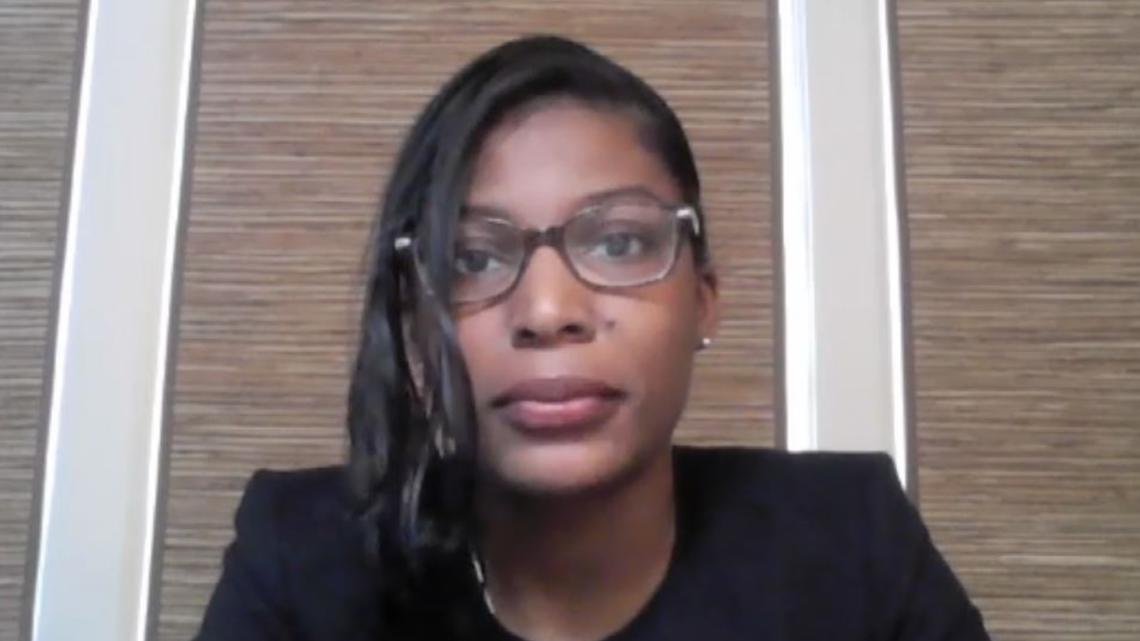
Among the many problems Perry lists related to equitable sharing is the fact that certain groups are more impacted by the practice than others.
"We know that people of color tend to be the targets of this process," she said, also listing people who don't have bank accounts and those with prior convictions. "You've been convicted of a crime, so in some law enforcement circles that means you are forever a criminal."
Contact Nate Morabito at nmorabito@wcnc.com and follow him on Facebook, X and Instagram.
WCNC Charlotte's Where's The Money series is all about leveling the playing field in the Carolinas by helping others and breaking down barriers. WCNC Charlotte doesn't want our viewers to be taken advantage of, so we’re here to help. Watch previous stories where we ask the question “Where’s the Money” in the YouTube playlist below and subscribe to get updated when new videos are uploaded.

